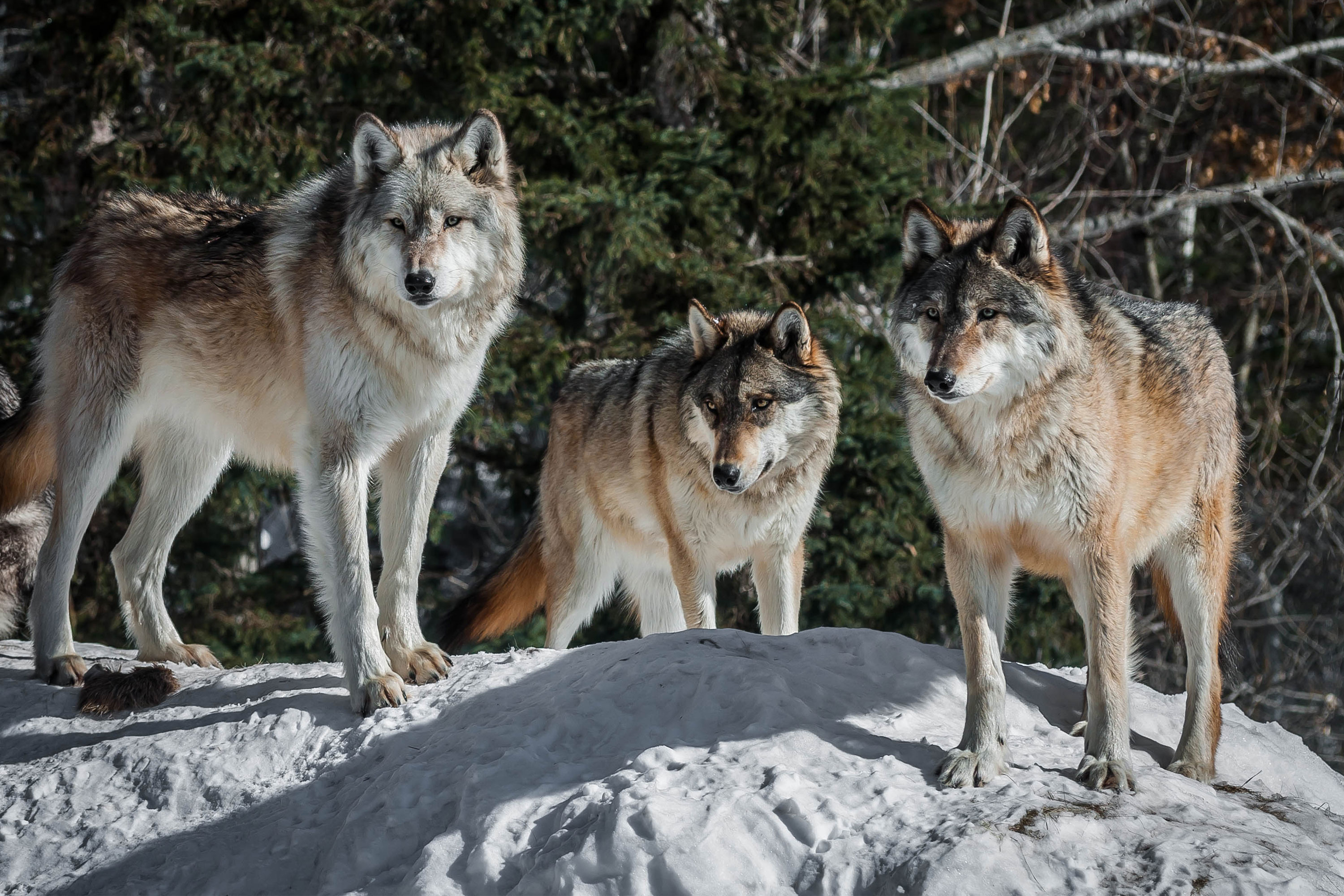
Everything You Need to Know About Snowmobiling in Minnesota
Everything You Need to Know About Snowmobiling in Minnesota
Door Joe Albert
If any sport epitomizes the saying, “Life is about the journey, not the destination,” it's snowmobiling. Thanks to Minnesota's stellar trail system, riders can sail over snow while breathing crisp, clean air and watching the wonders of a winter day fly right on by.

Snowmobiling along the North Shore of Lake Superior
WHERE TO GO SNOWMOBILING IN MINNESOTA
Snowmobilers have seemingly limitless opportunity in Minnesota, where more than 22,000 miles of snowmobile trails — many of which are maintained by volunteers — crisscross the state, giving riders the opportunity to see places that would nearly impossible to reach otherwise.
The Highway 61 corridor between Duluth and Grand Marais, which skirts Lake Superior, is among the state’s most popular drives. Snowmobilers can make the same journey thanks to the 146-mile North Shore State Trail, which traverses the wooded ridgeline overlooking Lake Superior. Trail spurs afford snowmobilers the opportunity to stop for food or gas, but the main trail runs primarily through the wilderness.

Snowmobiling, Voyageurs National Park / Abdiel Nieves
Voyageurs National Park and the land surrounding it are a prime area for enjoying the natural beauty of winter. Superior National Forest and Kabetogama State Forest have both been preserved for outdoor enthusiasts who want to get away from it all in a pristine, north woods area crossed by few roads.
The Arrowhead State Trail, which runs between Tower and International Falls and covers 135 miles, affords snowmobilers an especially unique opportunity because it travels through areas that during the rest of the year are generally impassible due to standing water.

Credit: Ruttger's Bay Lake Resort
Anyone who wants to cover a lot of ground through the heart of Minnesota can try the Paul Bunyan State Trail, which connects Crow Wing State Park near Brainerd with Lake Bemidji State Park near Bemidji.
Speaking of the Brainerd Lakes area, it boasts a beautiful web of trails spanning out around Gull Lake, Nisswa, Breezy Point, Pelican Lake, Crosslake, and the Whitefish Chain of Lakes. That's the key word here — lakes — and plenty of pristine scenery accesible on either public land or at resorts like Ruttger's Bay.
Long-distance riders can head north to Walker and Remer. Friendly villages and cafes make great stopping points along the trails, and several businesses rent snowmobiles.

Credit: Mille Lacs Area Tourism
The countryside between the St. Croix River and Mille Lacs Lake, anchored by Hinckley, features miles of great riding. There are several state forests here, and St. Croix State Park has 75 miles of trail. The Willard Munger Trail is another favorite in the area.
The town of Moose Lake sits within a knot of trails connecting to the Munger. A Minnesota Interconnecting Trail System route, MITS-35, runs from the Iowa border all the way to Duluth. Long-distance rides from the Hinckley hub can explore the Mille Lacs, Aitkin County and Carlton areas. There are casinos in both Carlton and Hinckley.
Minneapolis-St. Paul-area snowmobilers can try the Luce Line State Trail or the Minnesota Valley State Trail, while those in the state’s southeastern corner can hop on the Great River Ridge State Trail, which provides riders with stunning views of the river valley.

Three wolves poised on a snow mound at the International Wolf Center in Ely / Eve Schrank
WILDLIFE TO WATCH OUT FOR
Snowmobile trails in many areas of the state give riders access to places that are unreachable by vehicle or boat, and allow them to travel through the 'living rooms' of wildlife. Riders in the northwest and northeast parts of the state have the opportunity to see species such as bears, deer, lynx, moose and wolves, while those in southern areas can expect to see deer and birds such as eagles and hawks.
It’s important to note that snowmobile riders never should bother wildlife or attempt to chase them. And if you don't stumble upon anything on the trail, there's always the International Wolf Center and North American Bear Center — two well-maintained animal programs in Ely.

Anglers on Rainy Lake snowmobile to their ice fishing house for the ultimate Minnesota winter experience
ICE FISHING ALONG THE WAY
Though some people consider ice fishing a solitary, sit-in-one-spot pursuit, it doesn’t have to be. That’s especially true when ice anglers have snowmobiles at their disposal. Even on the state’s largest and most popular ice fishing lakes — Lake of the Woods near Baudette on the state’s border with Canada, Leech Lake near Walker, Mille Lacs near Garrison, Lake Minnetonka in the Twin Cities, Upper Red Lake near Waskish, Lake Vermilion near Tower and Lake Winnibigoshish near Deer River, to name a few — ice fishermen can cover a lot of water by riding their sleds atop the ice.
Of course, anyone who rides on frozen lakes should be sure to follow the Minnesota DNR’s recommendations for staying safe atop the ice. Notably, there should be at least five inches of ice before snowmobilers travel across it.

Snowmobiler in Voyageurs National Park / Abdiel Nieves
SAFETY REGULATIONS
By law, anyone who operates a snowmobile in Minnesota — and who was born after Dec. 31, 1976 — must complete a safety-training course. See the DNR snowmobile safety training webpage for more information.
When they purchase a three-year registration, snowmobilers can access any of the state’s 22,000 miles of state and grant-in-aid snowmobile trails. See the DNR snowmobile regulations webpage for more details.
For more information about snowmobiling in Minnesota — including maps, articles, places to stay and more — download the Minnesota Snowmobiling Destinations guide.


